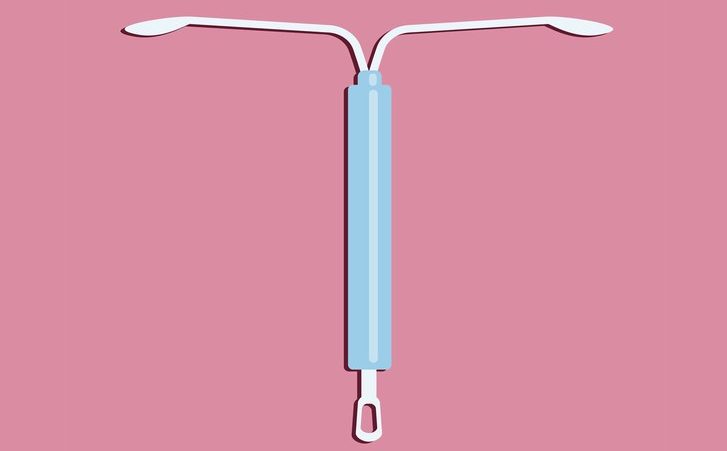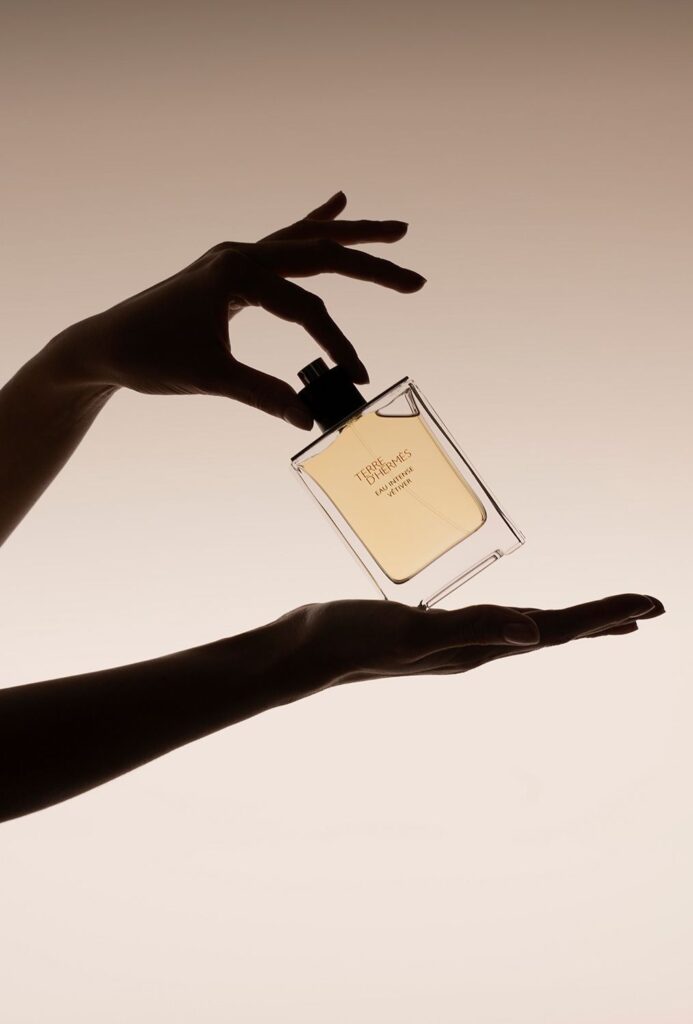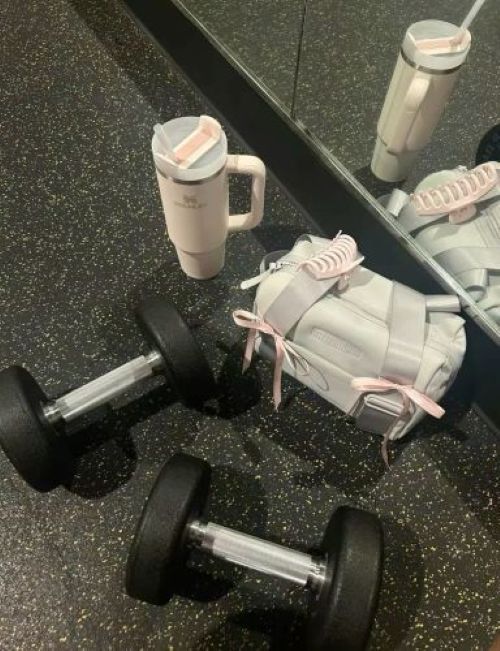Picture this: you�re in your first class of the day, you have many more to go, the notification to take your birth control goes off and you realize that it�s at home on the table next to your bed.� You don�t have time to go back home to take it and panic ensues, distracting you from your schoolwork and everyday tasks.
What many women don�t always know is that this stressful situation can be completely avoided.�A hormonal IUD is one of the most popular alternatives to the birth control pill.
An I-U-What?
An IUD is an Intrauterine Device that is inserted inside of the uterus to prevent pregnancy.� There are five different brands of IUD that have varying levels of progestin: Mirena (seven years), Kyleena (five years), Liletta (seven years) and Skyla (three years). �According to�Planned Parenthood, this form of birth control is over 99% effective at preventing pregnancy, and depending on which type, they last for up to seven years.� This means for the most part: no fear, no Plan B and no requirement to remember any pills.�One important thing to note is that IUDs do not prevent STDs, so using condoms and regularly getting tested is the best way to prevent infection.
So Will It Hurt?
Occasionally, when the IUD is inserted and shortly after, an individual may experience cramping�but luckily, it is short lived. Some patients report that they feel completely fine after the procedure and others say that they have some cramping in the following hours, but it really depends on the individual�s pain tolerance and if they can tolerate the temporary discomfort. For most though, the small device is hardly noticeable after it is placed.
Penn State sophomore Olivia Bottalico reflected on her experience with the Kyleena.
�For me, the IUD was easily the best decision I could�ve made,” says Bottalico. “Not only do I not have to worry about taking a pill every day, but I never have to think about getting a new birth control for another five years.
Are There Any Negatives?
Many women who consider switching up their birth control can often easily forget about the effects of different hormones on their bodies.� The hormone that is in most birth control pills is estrogen.� It is known for many things but it mostly assists in reducing hormonal acne in women.� When patients switch directly from �the pill� to an IUD they tend to believe that it causes them to have acne flair ups, but their skin is only acting up without the constant estrogen in their system.
The hormone in an IUD is progestin, which�does not help or cause acne.� This is something to consider if you suffer from hormonal acne and do not want to experience any breakouts. Everyone responds differently to different types of birth control, and side effects are always possible. However, most of the time, these minor effects go away within the first few weeks or months.
Birth control should not be something anyone has to worry about; if you find yourself worrying constantly and forgetting about it, VALLEY recommends talking to a medical professional about IUD options.





